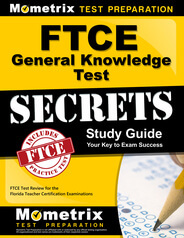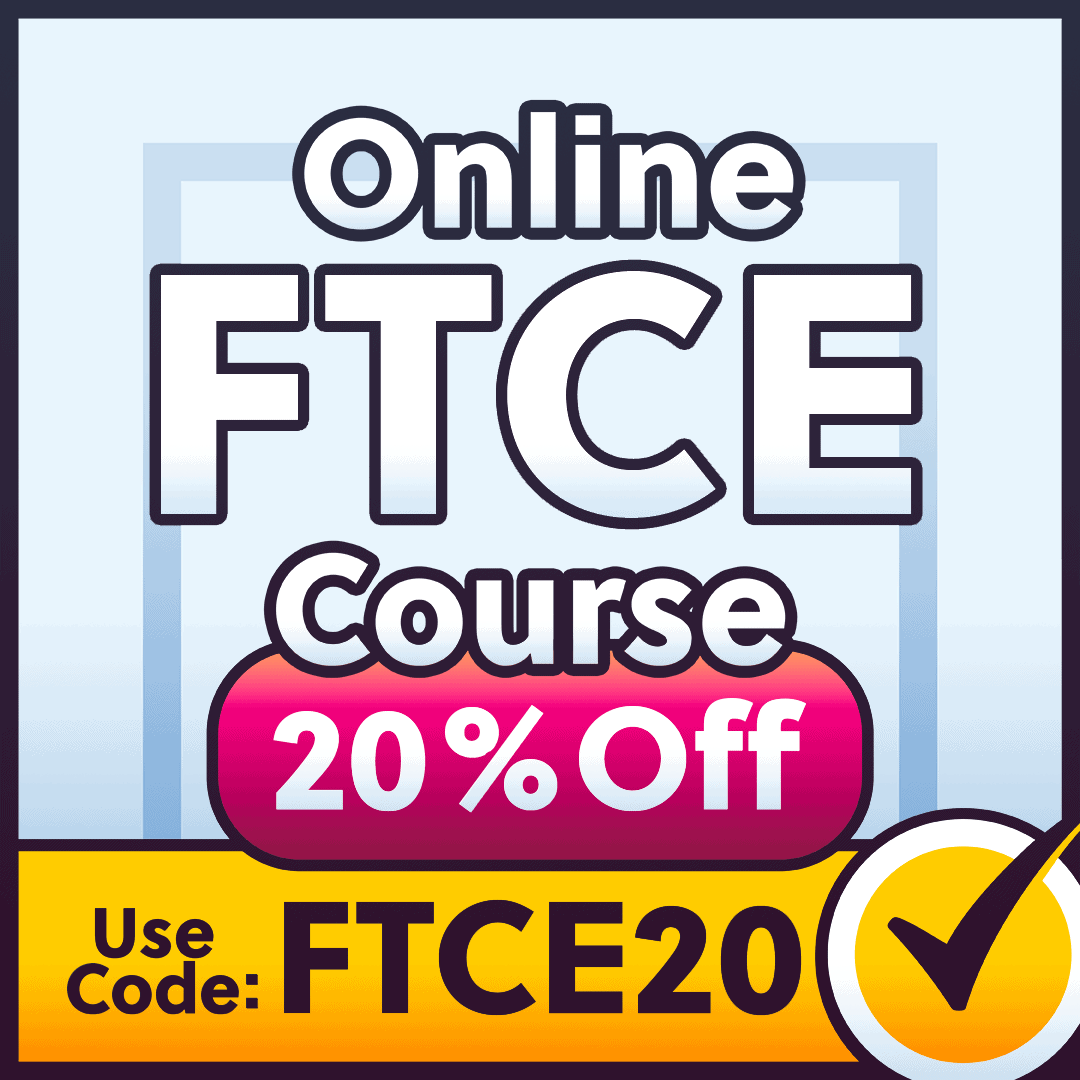FTCE Series – Florida Teacher Certification Examinations: The FTCE series is a group of exams created by the State Board for Educator Certification (SBEC) and administered by the Educational Testing Service (ETS) that are designed to determine whether or not an individual has the knowledge necessary to be an entry-level educator in the Florida public school system.
These exams assess an individual’s general and specific teaching skills and are required in order to become a certified educator within the state of Florida.
The FTCE series includes a wide-range of exams related to specific educational topics as well as exams related to specific careers within the educational system. FTCE exams cover specific topics such as art, dance, computer science, chemistry, English as a second language, English language arts, health, history, journalism, mathematics, music, physical science, social studies, and other similar topics.
There are also specific exams within some of these topics intended for individuals interested in teaching certain grade levels. Certain FTCE exams also cover specific professional positions within the educational system such as exams for becoming a principal, reading specialist, school counselor, and superintendent.
FTCE Practice Test Questions
Each FTCE exam usually consists of somewhere between 90 – 150 multiple-choice questions, but some tests also include essays, short open-ended responses, and other similar types of questions. The exam-taker will have five hours to complete each exam session and each exam has one or two sessions depending on the exam. Most exams are only one session.
Each exam is scored on a scale of 100 – 300 with 240 set as the minimum score considered as passing for the exam. To register for the exam, you must receive approval from an educator preparation program, have received an approved teaching certificate from an in-state or out-of-state authority, or have earned at least a bachelor’s degree in a field related to education for grades 8 – 12 from an approved program.
In order to take the exam with a bachelor’s degree or higher, you must apply to receive a temporary teaching certificate from the SBEC. If you meet one of these three requirements, you can register with ETS online, by phone, or by mail. The registration fee for any exam is $150.
The exact FTCE exams that are required in order to become a certified educator within the Florida school system varies depending on the specific type of position that you are interested in pursuing. There may also be other exams and fees that are required in addition to those associated with the FTCE exams in order to be certified in the particular position that you are pursuing.
FTCE Study Guide
Explore our free FTCE review provided by Mometrix. Check out our premium FTCE study guide to take your studying to the next level. If you benefit from these materials, just click the link below! To compliment our FTCE book, we also offer extensive flashcards for even more FTCE exam prep help.
We hope you enjoy our products! Your purchase helps us make more great, free FTCE certification content for test-takers just like yourself.
FTCE Self-Assessment Modules
Make your selection based on the type of exam you are taking.
- Arithmetic
- Averages and Rounding
- Commas
- Estimation and Sequences
- Exponents
- Fractions and Square Roots
- Geometry
- Graphs
- Author's Purpose
- Basic Grammar
- Intermediate Grammar
- Advanced Grammar
- Basic Math
- Lymphatic System
- Intermediate Math
- Advanced Mathematics
- Measurement
- Percents and Ratios
- Reading for the Main Idea
- Social Studies
- Science Passage




 Get Your Study Guide
Get Your Study Guide Get Your Flashcards
Get Your Flashcards
